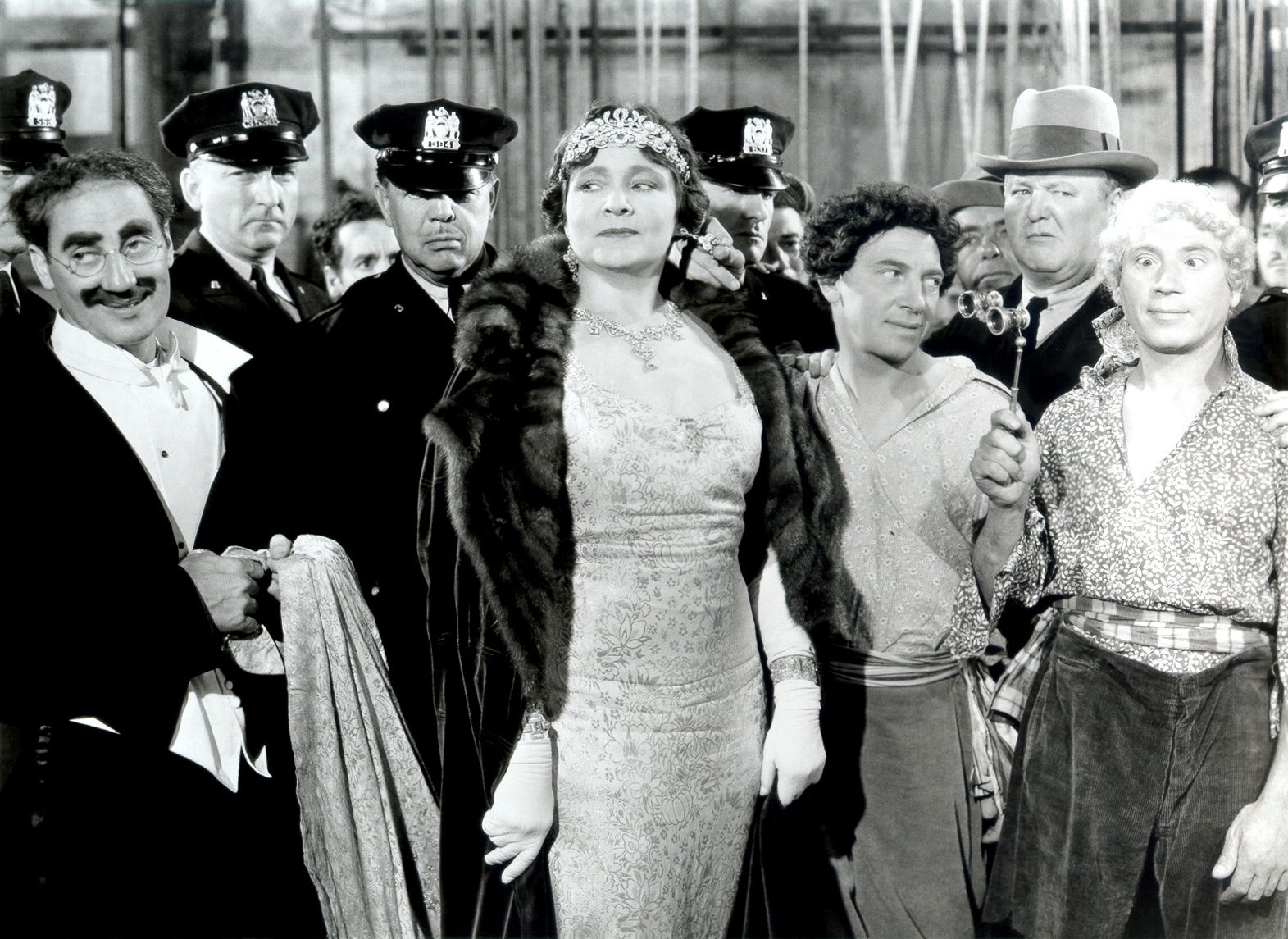by Akim Reinhardt

I’ve always found the notion of a handful of Swedes deciding the world’s best anything to be ludicrous, even laughable. Well, not always. When I was a kid, a teenager, I thought the Nobel Prizes must be important and mean something. But by my twenties, they had started to seem like a joke.
Nothing against Sweden or its fine denizens, of course. A lot of us would probably very much enjoy living there. But that’s precisely because it’s hard to think of a country less representative of the global human experience. Almost any other country you could name is a truer sampling of the global human experience than this one, with its roughly 0.1% of humanity perched near the top of the world.
I don’t know. Maybe it’s different in the sciences. Maybe in that realm a Nobel Prize signifies something other than an ego trip and a fat check. I’m no scientist. I don’t even really understand how gravity works; if you told me it’s because there’s some big ‘ole magnet at the center of the Earth holding us down, I’d probably muse: “Huh, should probably get a little more iron in my diet.”
How ‘bout that. Turns out there is a big ‘ole magnet at the center of the Earth. Pass the brocolli.
Maybe Nobel laureate Richard Feynman was just kidding when in his memoir he named a chapter about the Nobel Prize in Physics: “Alfred Nobel’s Other Mistake” (his invention of dynamite being the other). Perhaps in the sciences the Nobel is a meaningful brand of lifetime achievement award for worthy scientists who have made important contributions to our understanding and applications of physics, chemistry and biology/medicine. But not geology, oceanography, mathematics, or a bunch of other sciences. Cause fuck those branches of science?
I don’t know. At least they’re not handing out Nobels to the social sciences. How ridiculous would that be?
Oh wait. They are. But not. Kinda. It’s confusing. Read more »
